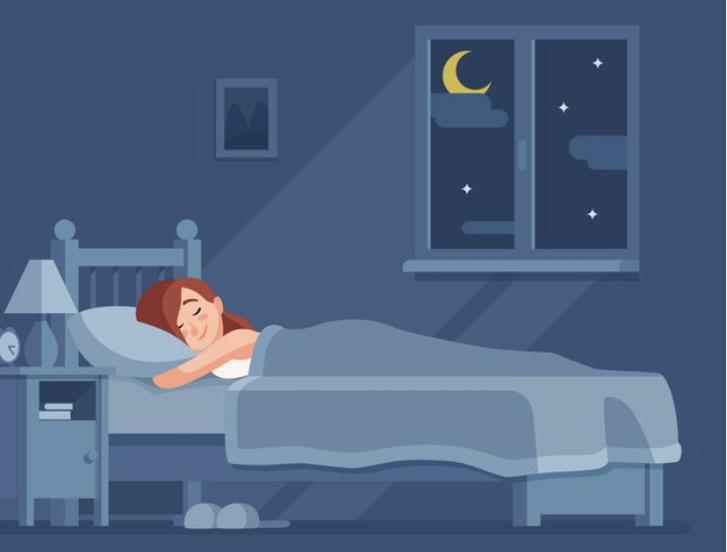How is your Sleep?
A good night’s sleep is essential for maintaining good physical and mental health. Here are some benefits of getting enough sleep:
1. Improved cognitive function: A restful night’s sleep enhances your brain’s ability to focus, concentrate, and make decisions. It also promotes better memory retention and learning. 2. Enhanced mood and emotional well-being: Sleeping well can help regulate your emotions and improve your overall mood. It reduces stress, irritability, and the risk of developing mental health issues like anxiety and depression.
3. Increased productivity and performance: When you’re well-rested, you’re more alert, energized, and motivated. This leads to improved productivity, better problem-solving skills, and higher performance in daily tasks and activities.
4. Strengthened immune system: Sleep plays a crucial role in supporting your immune system. During sleep, your body produces proteins called cytokines that help fight off infections and inflammation, keeping you healthy and preventing illnesses.
5. Better physical health: A good night’s sleep is linked to a lower risk of developing chronic health conditions such as heart disease, diabetes, obesity, and hypertension. It also promotes healthy weight management and boosts your metabolism.
To achieve a good night’s sleep, here are some tips:
1. Establish a consistent sleep schedule: Go to bed and wake up at the same time every day, even on weekends. This helps regulate your body’s internal clock and improves the quality of your sleep.
2. Create a relaxing bedtime routine: Engage in activities that help you unwind, such as reading a book, taking a warm bath, or practicing relaxation techniques like deep breathing or meditation.
3. Create a sleep-friendly environment: Make sure your bedroom is dark, quiet, and at a comfortable temperature. Use curtains, earplugs, or a white noise machine to block out any disturbances that may disrupt your sleep.
4. Limit exposure to screens before bed: The blue light emitted by electronic devices can interfere with your sleep. Avoid using electronic devices such as smartphones, tablets, or computers for at least an hour before bedtime.
5. Avoid stimulants and heavy meals: Avoid consuming caffeine and nicotine close to bedtime, as they can interfere with your ability to fall asleep. Additionally, avoid eating heavy meals or drinking excessive amounts of fluids before bed to prevent discomfort and frequent trips to the bathroom.
6. Exercise regularly: Engaging in regular physical activity can promote better sleep. However, avoid intense exercise close to bedtime, as it may stimulate your body and make it harder to fall asleep.
7. Manage stress: Find healthy ways to manage stress, such as practicing relaxation techniques, engaging in hobbies, or seeking support from friends, family, or a professional if needed. Stress can disrupt your sleep, so it’s important to address it effectively. Remember, the quality of your sleep is just as important as the quantity. Prioritize your sleep and make it a priority for overall well-being.


